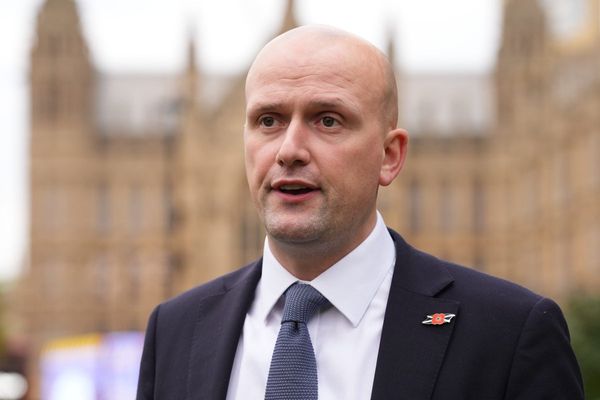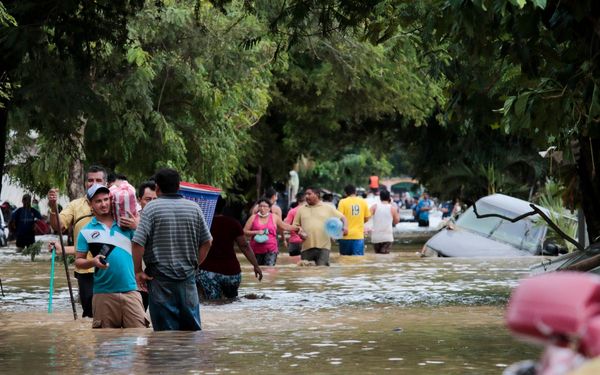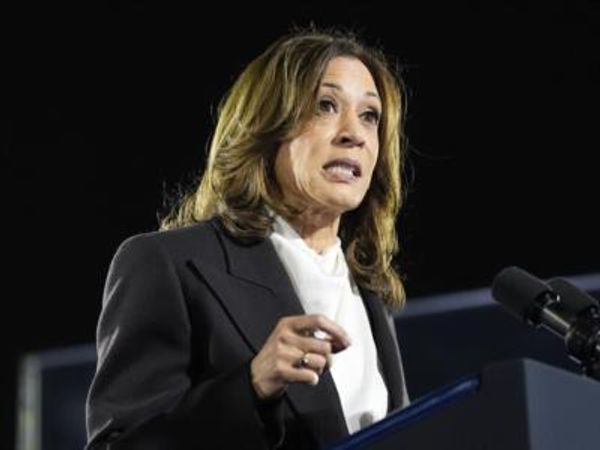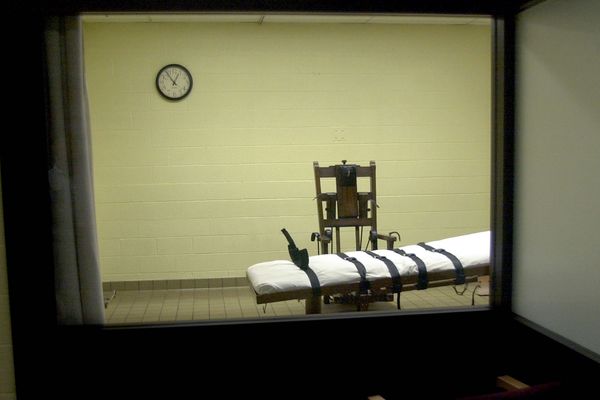
London (AFP) - Nurses across most of Britain will hold the first strikes in their union's 106-year history next month, joining a host of other workers taking industrial action over pay.
Staff in England, Wales and Northern Ireland -- but not Scotland -- will walk out on December 15 and 20, after the Royal College of Nursing (RCN) union said the government had turned down an offer of negotiations.
It will be the latest industrial action in Britain, where decades-high inflation and a cost-of-living crisis have prompted staff in various sectors to demand pay rises to keep up with spiralling prices.
RCN England director Patricia Marquis on Friday apologised to patients who would have operations or treatments cancelled.
But she said the strikes were about "nurses standing up for themselves but also critically for patients".
The nurses' strike will be sandwiched between the first of a series of two-day walkouts by national railway workers, while postal service employees will stage fresh stoppages in the run-up to Christmas.
Numerous other public and private sector staff, from lawyers to airport ground personnel, have also held strikes this year.
The Office for National Statistics said "well over half a million working days" were lost to strikes in August and September -- the highest two-month total for more than a decade.
With more strikes expected, there are predictions that days lost to stoppages could reach levels not seen since the 1970s and 1980s.
Ambulance staff in Scotland are due to walk out on Monday.
Other health unions representing midwives, physiotherapists and junior doctors have or are planning to ballot their members.
"Nursing staff have had enough of being taken for granted, enough of low pay and unsafe staffing levels, enough of not being able to give our patients the care they deserve," said RCN head Pat Cullen.
The union, which wants a pay rise significantly above inflation, announced earlier this month that a ballot of its more than 300,000 members had found a majority in favour of strikes.
Cullen said the union would set out details of which services would be exempt from strike action soon.
"What we will continue to provide is life-preserving services," she told BBC radio adding that some cancer services would be exempt.
'Challenging times '
UK inflation has surged to reach a 41-year high of 11.1 percent in October on soaring energy and food bills.
NHS bosses said in September that nurses were skipping meals to feed and clothe their children and were struggling to afford rising transport costs.
One in four hospitals had set up foodbanks to support staff, according to NHS Providers, which represents hospital groups in England.
The government says it has accepted independent pay recommendations, and given over one million NHS workers a pay rise of at least £1,400 ($1,590) this year.
That follows on from a three percent increase last year when public sector pay was frozen.
But the RCN says this leaves experienced nurses worse off by 20 percent in real terms due to successive below-inflation awards since 2010.
In Scotland, the union paused announcing strike action after the devolved government in Edinburgh reopened pay talks.
The Scottish government said late Thursday it had made a "best and final offer" to unions of an average 7.5-percent increase, backdated to April if accepted.
UK health minister Steve Barclay said he was "hugely grateful for the hard work and dedication" of nurses and regretted the strikes.
The NHS had "tried and tested plans" to minimise disruption and ensure emergency services continue, he added.
"These are challenging times for everyone and the economic circumstances mean the RCN's demands, which on current figures are a 19.2 percent pay rise, costing £10 billion a year, are not affordable," he said.
Barclay said he was prepared to discuss better working conditions for nurses with the RCN -- but not pay.
The union has questioned the UK government's economic rationale, noting it spends billions of pounds on agency staff to plug workforce gaps.
It points to independent research it commissioned indicating that the finance ministry would recoup 81 percent of the initial outlay of a significant pay rise through higher tax receipts and savings on future recruitment and retention costs.
In the last year, 25,000 nursing staff left the Nursing and Midwifery Council register, it said.







